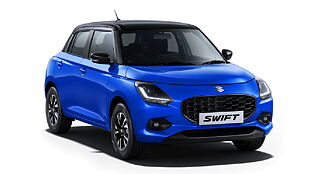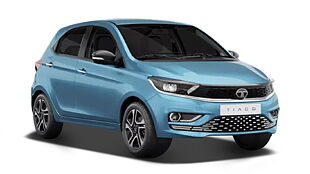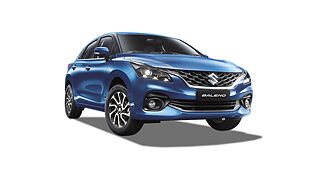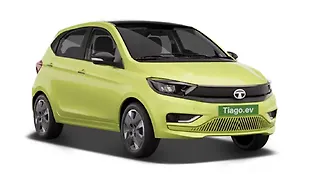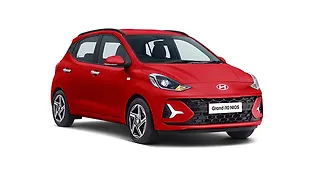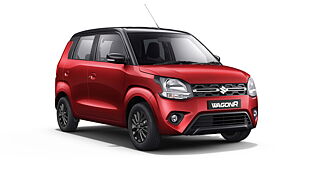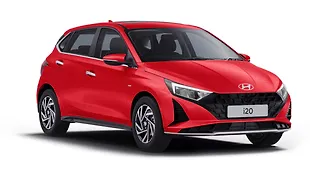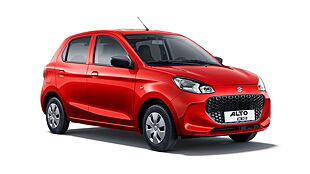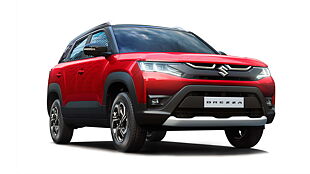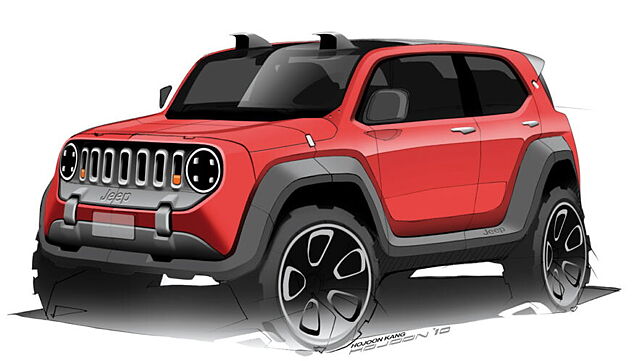
Carmakers like to take the next step every time they build a new car or update an existing car. The steps might be small or large depending upon the markets and the margins for the car makers. So, the Indian government has decided to take the bull by its horns and get up to speed with international standards as soon as possible.
According to transport minister Nitin Gadkari, beginning from July 2019, all cars in India must have seatbelt reminders, dual airbags and rear parking sensors as standard fitment. Also, with the Indian version of the NCAP to be implemented, we hope that car makers, including the market leaders in the country, stop offering us tin cans that cannot even score a star in NCAP.
As of now, if we conduct a survey, it is estimated that almost 50 per cent of the cars sold in India would have NCAP ratings below 2 and internationally, these are termed highly unsafe. With ABS also coming into the equation, the safety ratings of the cars sold in India should ideally improve.
By 2022, it will be mandatory for cars and also CVs sold in India to have driver assistance systems like high-speed warning, adaptive cruise control and lane assist. This will help in making the roads a safer place and bring down the number of accidents and related fatalities and damages.
Also, electric vehicles along with cars running on ethanol and CNG only will attract a flat GST rate of 12 per cent which should encourage OEMs in India to take the alternate fuel route sooner.

![Maruti Suzuki Swift [2018-2021] Image Maruti Suzuki Swift [2018-2021] Image](https://imgd.aeplcdn.com/272x153/n/cw/ec/26742/swift-exterior-right-front-three-quarter-2.jpeg?q=80)
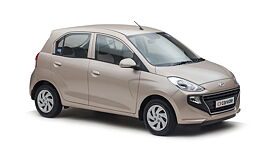
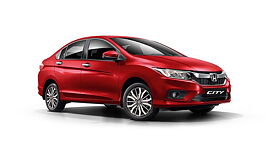
![Maruti Suzuki Alto 800 [2016-2019] Image Maruti Suzuki Alto 800 [2016-2019] Image](https://imgd.aeplcdn.com/272x153/cw/ec/23445/Maruti-Suzuki-Alto-800-Right-Front-Three-Quarter-72869.jpg?wm=0&q=80)
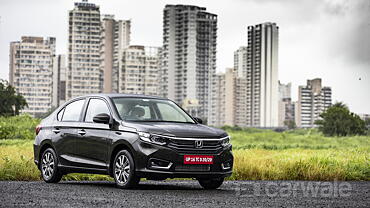
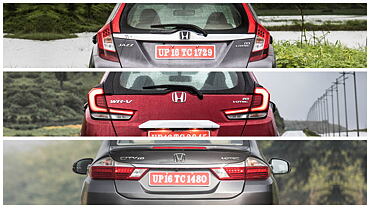
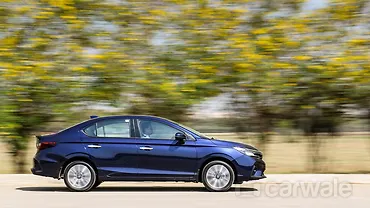

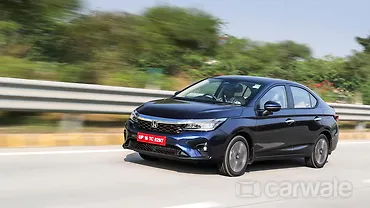
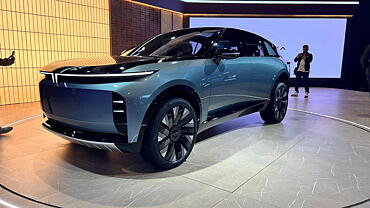

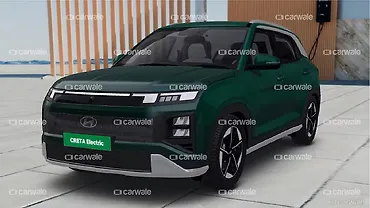
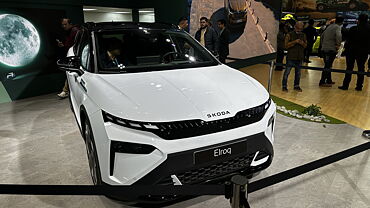



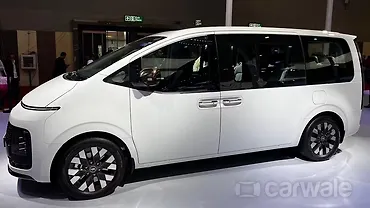


![Maruti Suzuki Swift [2018-2021] Right Front Three Quarter Maruti Suzuki Swift [2018-2021] Right Front Three Quarter](https://imgd.aeplcdn.com/199x112/n/cw/ec/26742/swift-exterior-right-front-three-quarter-2.jpeg?q=80)
![Maruti Suzuki Swift [2018-2021] Right Side View Maruti Suzuki Swift [2018-2021] Right Side View](https://imgd.aeplcdn.com/199x112/n/cw/ec/26742/swift-exterior-right-side-view.jpeg?q=80)
![Maruti Suzuki Swift [2018-2021] Right Rear Three Quarter Maruti Suzuki Swift [2018-2021] Right Rear Three Quarter](https://imgd.aeplcdn.com/199x112/n/cw/ec/26742/swift-exterior-right-rear-three-quarter.jpeg?q=80)
![Maruti Suzuki Swift [2018-2021] Dashboard Maruti Suzuki Swift [2018-2021] Dashboard](https://imgd.aeplcdn.com/199x112/n/cw/ec/26742/swift-interior-dashboard.jpeg?q=80)
![Maruti Suzuki Swift [2018-2021] Steering Wheel Maruti Suzuki Swift [2018-2021] Steering Wheel](https://imgd.aeplcdn.com/468x263/n/cw/ec/26742/swift-interior-steering-wheel.jpeg?q=80)


